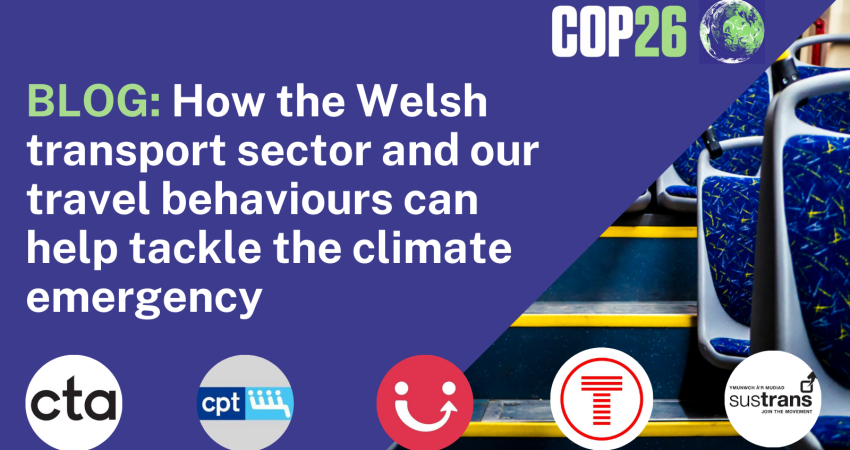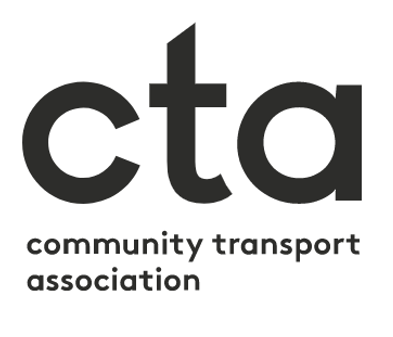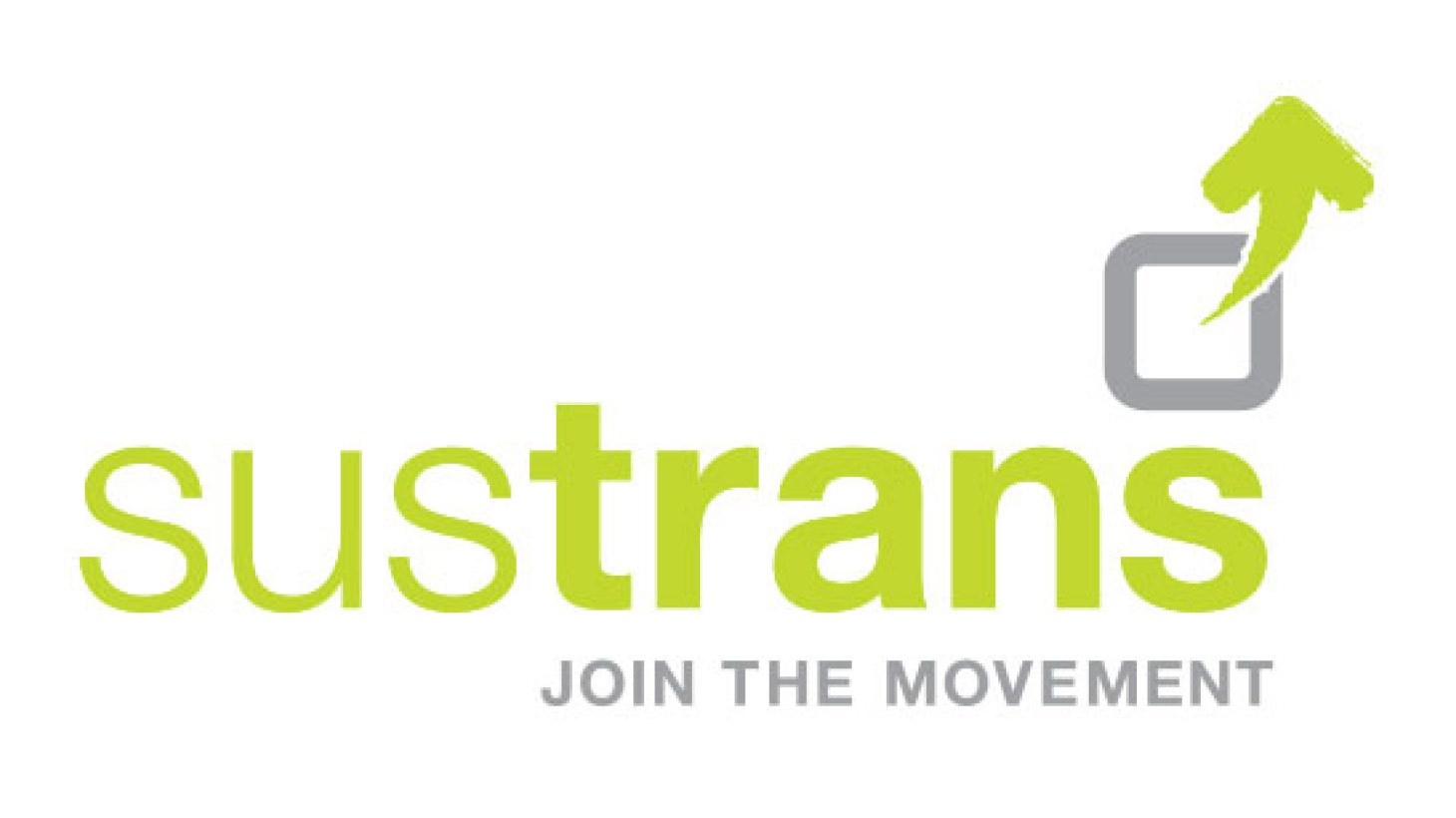
COP26: How the Welsh transport sector and our travel behaviours can help tackle the climate emergency
29 October 2021The growing impact of climate change continues to be felt across the world, with increased frequency and severity of extreme weather events, and subsequent impacts on people and wildlife. The need to act is urgent and will be brought to the forefront during the COP26 conference in Glasgow from 31st October to 12th November 2021.
We’ve asked key organisations from across the Welsh transport sector how they think the industry can support the goals outlined to tackle climate change and what this means in practice for transport in Wales. Thank you to representatives from Traveline Cymru, Transport for Wales, Confederation of Passenger Transport, Community Transport Association and Sustrans Cymru for contributing to this blog.
-
What is COP26?
-
What is the impact of transport on climate change?
-
What are the views from across the Welsh transport sector?
What is COP26?
COP26 is the 26th annual United Nations climate change conference. It will take place in Glasgow from 31st October to 12th November 2021.
The conference is an opportunity for world leaders, negotiators, government representatives, businesses and citizens to come together and agree joint actions in the fight against climate change. The last conference took place in Paris in 2015 and led to the creation of the Paris Agreement. Under this significant piece of legislation, each country committed to bring forward national plans outlining how much they would reduce their emissions, which would be updated every 5 years.
COP26 will need to deliver even more ambitious commitments to keep the holding of temperature rises to 1.5 degrees within reach, as well as emission reduction targets that align with reaching net zero by the middle of the century.
What is the impact of transport on climate change?
Road transport accounts for 10% of global emissions, and its emissions are rising faster than those of any other sector. To meet the goals of the Paris Agreement, the transition to zero emission vehicles (including cars, vans, buses, trucks and lorries) needs to happen at a much faster rate.
As well as the types of vehicles being used, we also need to consider the impact of our individual travel behaviours. Earlier this year, the Welsh Government launched its ‘Llwybr Newydd- The Wales Transport Strategy’, which commits to creating an accessible, efficient and accessible transport system that makes people less reliant on cars. Key targets in this strategy include:
- Bringing services to people to reduce the need to travel. This means more local services so that people don’t need to use their car every day.
- Supporting public transport services that gets people to where they want to go, when they want to go. These services also need to be more attractive and affordable.
- Creating good infrastructure that makes it easier for people to walk, cycle and use public transport.
What are the views from across the Welsh transport sector?
Below are a series of contributions from representatives across the Welsh transport on the COP26 climate targets related to transport and the role the Welsh Government, wider industry, their organisations and we as individuals have to play:
- Jo Foxall, Managing Director of Traveline Cymru
- Colin Lea, Planning and Performance Director at Transport for Wales
- Josh Miles, Director for Wales at Confederation for Passenger Transport
- Gemma Lelliot, Director for Wales at Community Transport Association
- Alice Bailey, Support Officer at Sustrans Cymru
 |
Jo Foxall, Managing Director of Traveline Cymru |
| Traveline Cymru is a public transport information service funded by the Welsh Government. We work in partnership with operators and local authorities to provide public transport information across Wales for bus, coach and train, as well as walking and cycling routes. | |
|
Ahead of COP26 and considering the climate emergency declared in the Senedd in May 2019, we have been giving a significant amount of thought to the role that public transport plays in the solution. We have also been exploring how we at Traveline Cymru can support the travelling public and transport operators in delivering the change needed to make a real difference to our future. Transport is the third largest carbon emitting sector in Wales, behind the power and industry sectors. Within that, cars contribute to 55% of Wales’ total transport emissions[1]. Whilst Covid-19 has been devastating in so many ways, one small glimmer of hope has been the fewer cars on our roads. We all saw the videos of ducks strolling through car free high streets and goats taking a wander where traffic wouldn’t ordinarily allow. As we make the slow return to some kind of normality, it is key that we do not adopt a car led recovery and use this opportunity to contribute to much needed change. Welsh transport operators and Transport for Wales have invested heavily in their fleets to provide safe, clean, and comfortable services, enabling people to travel about their daily lives. Several Welsh bus operators have made investments in electric vehicles to further support the Welsh Government’s commitment to achieving a carbon neutral public sector by 2030. At Traveline Cymru, we know that one of the keys to travel behavioural change is the confidence to make a journey. Readily available information and journey planning tools are key to giving people that confidence to change their travel habits and give public transport a try. To that end, we commit to continuing to work with our customers and our public transport industry partners to ensure we are delivering high quality information and supporting change. [1] transport-sector-emission-pathway-factsheet.pdf (gov.wales) |
|
Colin Lea, Planning and Performance Director at Transport for Wales |
|
| Transport for Wales group was created as a wholly owned not-for-profit company by the Welsh Government. As part of the TfW group, as of February 2021, Transport for Wales Rail (ltd) was set up to take over the running of the Wales and Borders rail network. | |
|
At Transport for Wales, we are working to make transport in Wales more sustainable and fit for future generations. The improvements we are making today will support the Welsh Government in meeting Wales’ ambitious decarbonisation targets, as well as improving both the physical and mental health of the people who live throughout Wales. We're committed to driving forward Welsh Government’s vision of a high-quality, safe, integrated, affordable, and accessible transport network for the people of Wales to be proud of. In doing so, we are also working proactively to address the issues and act on the ambitions identified for COP26, to accelerate action to tackle the climate crisis through collaboration between governments, businesses and civil society. We’re committed to achieving our Welsh Government remit of net zero for our transport operations by 2030. We’re working on our Climate Change Adaptation Plan and developing our Pathway to Net-zero, which will demonstrate how we will address the issues raised in the IPCC report and respond to the challenge of limiting global warming. Collaboration between ourselves, Welsh Government, public sector organisations and other infrastructure network providers will be crucial to make sure that complex risks are assessed and their impact minimised and we have the means to finance and deliver climate change adaptation. Whilst we’re committed to addressing climate change risks through adaptation and resilience planning, it will, nevertheless, come with considerable challenges. Climate change is already having a very real impact on the weather, as we’ve experienced with the unprecedented storms of the last few years. We will need to get used to this being our ‘new norm’. It is, therefore, essential to ensure that our net zero and decarbonisation commitments are intrinsically linked, with adaptation investments viewed through a net zero lens and climate risk assessed for all decarbonisation projects. |
|
 |
Josh Miles, Director for Wales at Confederation of Passenger Transport |
| CPT are the voice of the bus and coach sector and bring together over 1,000 bus and coach operators across the UK. Their teams work with CPT members at local and national levels to help them achieve the best possible operating environment. | |
|
Ahead of COP26, CPT asked the various UK transport ministers to share their thoughts on the role of the bus and coach sector in the UK’s journey towards net zero. As is his style, our own Deputy Minister Lee Waters gave a sobering account of the challenge. He said: “Change is not an option; change will happen. Our choice is, do we let change happen to us or do we try and get ahead of it and shape it” Change is already happening in the bus and coach sector. Despite the obvious financial and logistical challenges, zero emission vehicles are moving from being a novelty to being normality. But switching to zero-emission vehicles alone won’t get us to net zero. Surface transport is responsible for 14% of Wales’ total emissions and our per capita emissions are higher than the UK average.[1] Most of that is private car use, which is where the real opportunity for change lies. If we want to shape the change, then we need to reduce demand for private car use and increase usage of sustainable modes such as public transport or active travel. The UK Committee on Climate Change estimates that we need one in ten car journeys to switch to bus to be on track to meet our targets across the UK.[2] In addition, just 6 more bus journeys a year by everyone is equal to the entire bus fleet transitioning to zero emissions and a 15% increase in coach journeys by British people each year could save over a quarter of a million tonnes of carbon dioxide. To do this, we need the right mix of policies, the right mix of push and pull. The pull should be a more attractive passenger transport offer, investing in our bus network, reallocating road space to buses and coaches, improving passenger information and making the most of coach tourism as a sustainable proposition. The push is tougher politically but must include measures to discourage car use such as workplace parking levies or congestion charging with the proceeds reinvested back into public transport. Together, the push and pull will generate modal shift and help us shape the change towards net-zero.
|
|
 |
Gemma Lelliot, Director for Wales at Community Transport Association
|
| The Community Transport Association (CTA) is a national charity that represents and supports providers of community transport: thousands of local charities and community groups across the UK that all provide transport services that fulfil a social purpose and community benefit. | |
|
Community Transport (CT) is all about accessible, inclusive and not for profit transport services that are designed with the needs of the community in mind, keeping people across Wales connected and supported. CT operators are alert to the challenges they face around environmental sustainability, and in a recent COP26 event they explained their plans and support needs in tackling the UN’s challenging carbon reduction targets. With the unpredictability of extreme weather events, which often disproportionately affect rural, coastal, and low-income communities, the importance of community-led services will only grow as the impacts of climate change become more widespread. Our members believe that many key objectives can be achieved through government further empowering local communities. Communities should be given the tools, funding, and power to tackle complex issues relating to the climate emergency in ways that work for local residents in both the short and long-term. Whilst supporting passengers to access zero carbon, sustainable transport is a key objective for Welsh Government, new electric vehicles are only part of any potential solution. By offering a range of sustainable, shared, community-focused transport options, people will have the opportunity to shift away from private vehicle ownership to car clubs, e-bike hire, community cars and buses which are designed to be accessible and inclusive, and powered by green energy generated on the doorstep. The CT sector is ready to support the communities they serve to shift their thinking and change their travel habits. |
|
 |
Alice Bailey, Support Officer at Sustrans Cymru |
| Sustrans is the charity making it easier for people to walk and cycle. They connect people and places, create liveable neighbourhoods, transform the school run and deliver a happier, healthier commute. | |
|
At Sustrans, we have a vision for a society where the way we travel creates healthier places and happier lives. We want to see a world where people are connected by sustainable transport and active travel, where not having a car does not affect your ability to be included in society. Active travel has a large impact on our quality of life, and the quality of the world we live in. COP26 transport emission reduction targets are unlikely to be met without a significant move away from motorised travel. Our research shows that those who switch just one trip per day from car-driving to cycling can reduce their carbon footprint by about 0.5 tonnes over a year. Also, if just 10% of the population were to change their travel behaviour in this way, the emissions savings would be around 4% of lifecycle CO2 emissions from all car travel. [1] The change needs to be led by example. We cannot expect people to make changes when we are not. Speaking at the Climate Cymru at the Senedd event Christine Boston, Sustrans Cymru Director, spoke directly to Members of the Senedd, encouraging them to make a change themselves: “You need to transform transport, making public transport and active travel the first choice for everyday journeys.” Active travel for everyday journeys, such as travelling to school or work, can have a larger impact than you may think. During the Big Pedal fortnight, the UK’s largest inter-school active travel competition, schools across Wales made a total of 110,000 active journeys. 28,000 pupils at 101 schools in Wales took part in walking, wheeling, scooting and cycling to school, saving an estimate of 190,000 car trips. If this result was replicated on an even larger scale, a real difference could be made in Wales. Political measures to encourage and facilitate active journeys, as well as leading by example, are necessary to make a real difference. We all need to walk the walk, or cycle the cycle, rather than just talk the talk. We all have a part to play and must take action.
|
|
You can visit the COP26 website to find out more about the conference and the Welsh Government website for further details on the ‘Llwybr Newydd- The Wales Transport Strategy’. The Welsh Government have also recently launched their Net Zero plan, showing how they will put Wales on the path to net zero by 2050.

